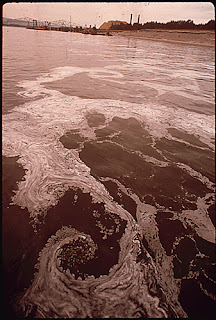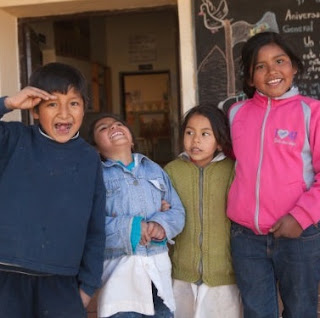As someone who has worked as a professional college consultant as the founder of ScholarEdge for over 13 years, I was very happy to learn about FSD’s wide-ranging programs around the world, especially in developing parts of Latin America. I wanted to offer a few perspectives as someone who not only counsels high school and college students, but also as someone who spent a year abroad and the impact it had on my life.
I chose to spend my year in Southeast Asia after college, and it was the single most important experience in my life. It exposed me not only to unique cultures, languages, and legal systems, but more importantly it afforded me different perspectives on the United States. I often tell the students I work with that I never learned more about the United States than when I was living abroad. I suspect that most students who take advantage of FSD’s amazing programs will probably come home and say the same thing – they learned not only about how others view us, but also about the tremendous goodwill Americans generate around the world despite the many serious problems we face domestically and internationally.
The one program that I can attest to is FSD’s Salta, Argentina program. I’ve been to Salta at least six times over the last 10 years because I have friends there, and I find it to be one the most fascinating parts of Latin America. Unlike Buenos Aires, Salta feels like the arid American Southwest, and incorporates parts of indigenous Bolivia and gaucho Argentina. It’s not a very heavily populated province of Argentina, and it seems a world away from the hustle and bustle and European flavor of the Argentinean capital. But it has perhaps the most genuine, friendly, and kindhearted people I’ve ever met my travels around the world.
There is poverty in Salta Province but it is not the type of poverty that is grinding – you generally won’t see people begging on the streets, and you won’t see people in tattered clothes. But there is certainly a need for young people to work with the people of Salta to improve not only their infrastructure but also in their knowledge of processes and skills that can help their province modernize and be more equitable.
Salta is becoming more discovered by tourists as the years go by, but if you choose to go to Salta or any of the programs offered by FSD, you will be encountering people that will forever change your life, will challenge your perspectives of the United States, and more importantly will imprint upon you memories that will last long after you board a plane to return to United States.
I’m living proof of this – my year in Southeast Asia allowed me to visit no less than half a dozen countries and to visit villages that suffer from severe socioeconomic problems. It made me truly feel as though I had a greater perspective on the world and forever changed my attitudes about politics, and society. I would encourage everyone to examine FSD’s programs, just as I am encouraging my clients to do as a private college consultant.
About Jason Lum
A graduate on full scholarship to MIT, Harvard and Berkeley, Jason serves as a private college consultant with clients in the US, Canada, Europe and Asia through his company, ScholarEdge. Jason’s work with high school students and families has been profiled by US News & World Report, USA Today, Bankrate.com, and CNBC.
 Carey Mittermeier will graduate in December 2013 with a Master’s Degree in Behavioral and Community Health Science from the University of Pittsburgh and will be interning this summer at Vikalp Sansthan in
Carey Mittermeier will graduate in December 2013 with a Master’s Degree in Behavioral and Community Health Science from the University of Pittsburgh and will be interning this summer at Vikalp Sansthan in 


.jpg)







